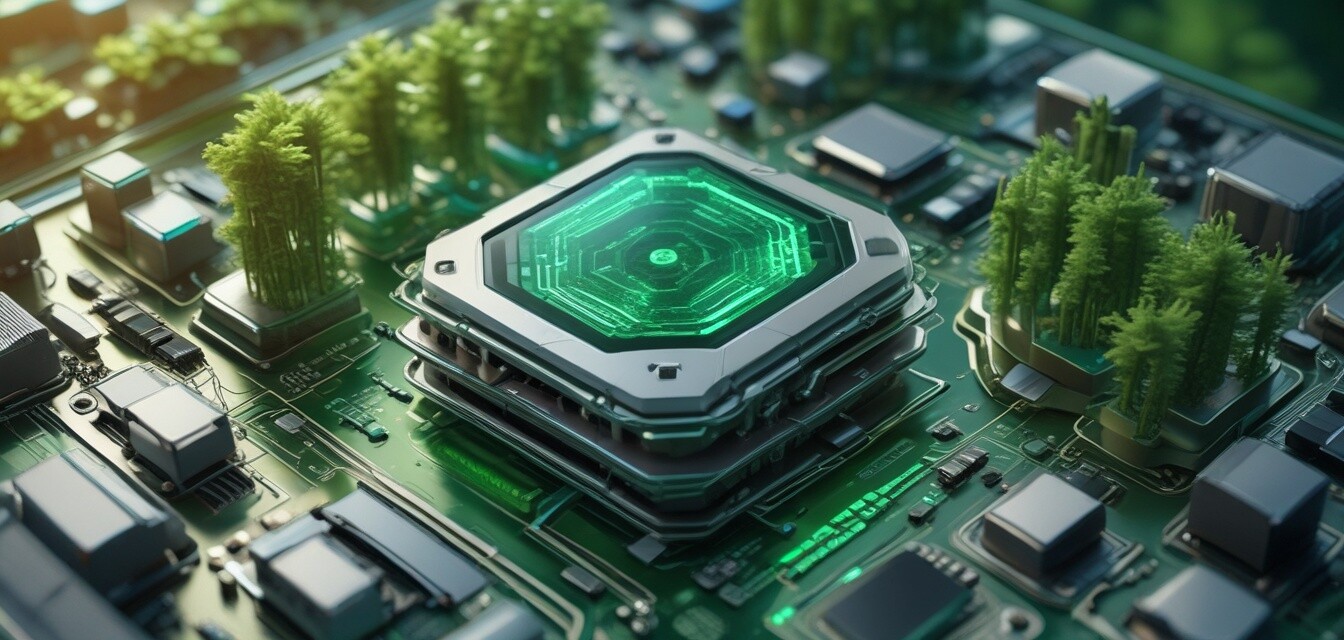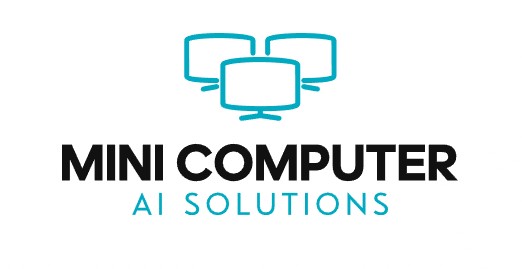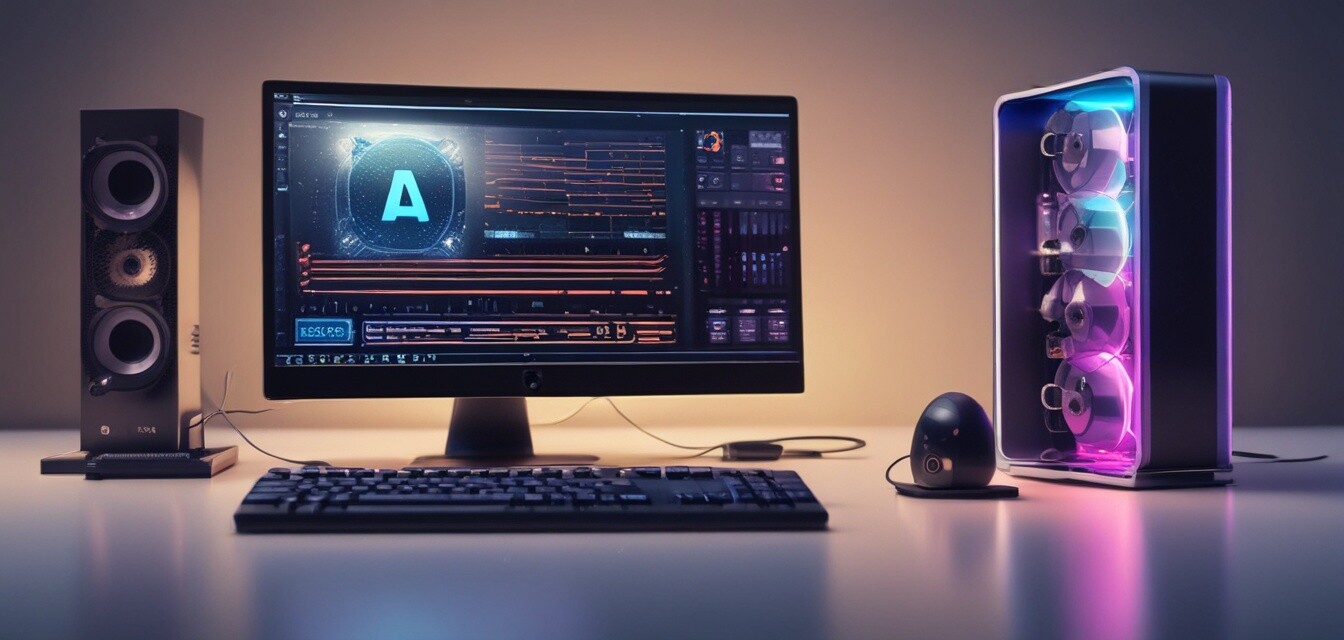
Sustainability in Mini AI Computers
Key Takeaways
- Mini AI computers offer energy-efficient solutions that reduce carbon footprints.
- Sustainable manufacturing practices are crucial in minimizing waste and pollution.
- End-of-life recycling programs enhance the sustainability of mini AI computers.
- Consumer awareness of sustainable products is growing, influencing market trends.
As technology continues to evolve, the focus on sustainability becomes increasingly important. Mini AI computers, characterized by their compact size and powerful capabilities, are not only revolutionizing computing but also presenting unique opportunities for environmentally friendly practices. This article delves into the environmental impact of mini AI computers and highlights sustainable practices in their production and use.
Environmental Impact of Mini AI Computers
Mini AI computers are designed to perform advanced tasks while consuming less energy than traditional computing systems. This efficiency is vital in reducing the overall environmental footprint. Below are some critical aspects of their environmental impact:
| Aspect | Impact |
|---|---|
| Energy Consumption | Lower energy usage leads to reduced carbon emissions. |
| Material Sourcing | Use of recycled materials helps in conserving natural resources. |
| Waste Generation | Compact design reduces electronic waste. |
| Lifecycle | Longer lifespan minimizes the frequency of replacements. |
Sustainable Practices in Manufacturing
The production process of mini AI computers can significantly influence their sustainability. Here are several sustainable manufacturing practices:
- Utilizing renewable energy sources in production facilities.
- Implementing waste reduction strategies during manufacturing.
- Partnering with suppliers who prioritize sustainable materials.
- Adopting eco-friendly packaging solutions.
Case Study: Eco-friendly Materials
Many manufacturers are now exploring the use of biodegradable plastics and other sustainable materials in their mini AI computers. This shift not only reduces reliance on fossil fuels but also minimizes environmental harm.
Energy Efficiency and Performance
Energy efficiency is a hallmark of mini AI computers, which is essential for both environmental sustainability and performance. The following table illustrates the energy efficiency of different mini AI computer types:
| Mini AI Computer Type | Average Power Consumption (Watts) | Performance Rating (out of 10) |
|---|---|---|
| AI Graphics Accelerator | 50 | 9 |
| AI-powered Notebook | 30 | 8 |
| Compact AI Server | 80 | 10 |
| Mini AI Desktop | 40 | 7 |
Smart Home Integration and Sustainability
Mini AI computers play a crucial role in smart home integration, contributing to energy savings and improved efficiency. These devices can optimize energy usage by learning user habits and adjusting settings accordingly. This not only enhances user convenience but also promotes sustainable living practices.

Recycling and End-of-Life Solutions
As technology advances, the importance of recycling and responsible disposal of electronics cannot be overstated. Many manufacturers are now offering recycling programs for their mini AI computers, ensuring that components are reused or disposed of responsibly.
- Recycling programs reduce electronic waste.
- Encouraging consumers to return old devices promotes sustainable habits.
- Partnerships with recycling firms help in proper disposal.
Consumer Awareness and Market Trends
Recent trends indicate that consumers are increasingly prioritizing sustainability in their purchasing decisions. As a result, manufacturers of mini AI computers are adapting their strategies to meet this demand. Here are some emerging trends:
| Trend | Description |
|---|---|
| Eco-labeling | Products are labeled to indicate sustainable practices. |
| Transparency | Companies provide detailed information about their sourcing and manufacturing processes. |
| Consumer Education | Efforts to educate consumers on the importance of sustainable choices. |
Conclusion
As mini AI computers continue to shape the landscape of technology, the integration of sustainability into their design and production processes is essential. By focusing on energy efficiency and responsible manufacturing, these devices can significantly reduce their environmental impact. It is crucial for both consumers and manufacturers to prioritize sustainable practices in order to foster a greener future.
Pros
- Energy-efficient performance reduces operational costs.
- Compact design minimizes electronic waste.
- Sustainable materials contribute to environmental conservation.
- Smart integration enhances user experience.
Cons
- Higher initial cost compared to traditional computers.
- Limited upgrade options due to compact design.
- Potential for obsolescence as technology rapidly evolves.
Tips for Choosing Sustainable Mini AI Computers
- Look for energy efficiency ratings before purchasing.
- Research manufacturers' sustainability practices.
- Consider the lifespan and upgrade potential of the device.
- Participate in recycling programs to dispose of old devices responsibly.
For more information on related topics, check out our pages on AI graphics accelerators, AI-powered notebooks, compact AI servers, mini AI desktops, and portable computing gadgets. Stay informed and make a positive impact with your technology choices.









